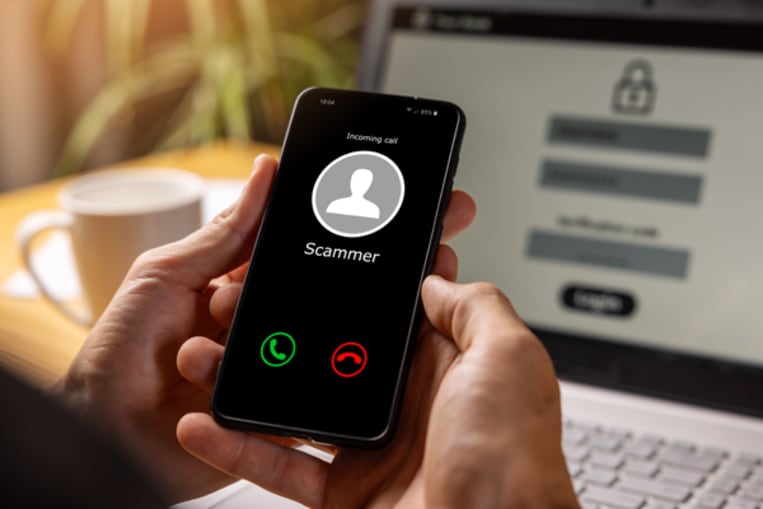
BBB of Charlotte and Asheville release top 5 scams of 2024

(Getty Images)
The Better Business Bureau (BBB) Serving Southern Piedmont and Western North Carolina has released its list of the Top Five Scams of 2024, highlighting the most common schemes targeting consumers and businesses in the region.
This year’s report underscores the increasing sophistication of scammers, with fraudsters leveraging new technology and social engineering tactics to deceive victims. The BBB’s findings aim to educate the public on emerging threats, providing critical insights into how these scams operate and offering practical tips to avoid falling victim.
Top 5 scams of 2024
1. Online purchases
These scams typically involve the purchase of products and/or services where the transaction occurs via a website or other online means. Scammers use technology to offer attractive deals, but once the payment is made, no product or service is delivered. In some cases, fraudsters send low-quality or counterfeit products. Read our online purchase scam prevention tips.
2. Phishing/Impostor scams
In these schemes, scammers impersonate a trustworthy entity, such as a bank or mortgage company, and employ communications to mislead recipients into providing personal information that the scammer will use to gain access to bank accounts or steal recipients’ identity. This type of scheme can also happen within the workplace as an email coming from the CEO, accounting department, or other member of management seeking personal information. Read our phishing scam prevention tips.
3. Employment
Job applicants are led to believe they are applying for or have just been hired for a promising new job when instead they have given personal information via a fake application or money to scammers for “training” or “equipment.” In another variation, the victim may be “overpaid” with a fake check and asked to wire back the difference. Read our employment scam prevention tips.
4. Debt collections
Phony debt collectors harass their targets to get them to pay debts they don’t owe. Read our debt collection scam prevention tips.
5. Sweepstakes/Lottery/Prizes
Victims are tricked into thinking they have won a prize or lottery jackpot but must pay upfront fees to receive the winnings, which never materialize. Sometimes this con involves a fake check and a request to return a portion of the funds to cover fees. Read our sweepstakes/lottery/prizes scam prevention tips.
Scams undermine trust in the marketplace, distort the level playing field, and siphon money from legitimate transactions that could benefit both consumers and businesses, thus impeding economic growth. A healthy marketplace requires empowered and knowledgeable consumers and principled businesses that are proactively working to stop scammers and to foster trustworthy relationships.
By raising awareness and promoting vigilance, the BBB continues its mission of fostering a trustworthy marketplace and protecting consumers from financial and emotional harm.
Consumers can visit BBB.org/ScamTracker to report scams they have seen or personally experienced.
Still Need Assistance?
Contact Your Local BBB
Your local Better Business Bureau can assist you with finding businesses you can trust. Start With Trust®.
Additional Resources
Let BBB help you resolve problems with a business
Research and report on scams and fraud using BBB Scam Tracker
Learn more about the value of BBB Accreditation